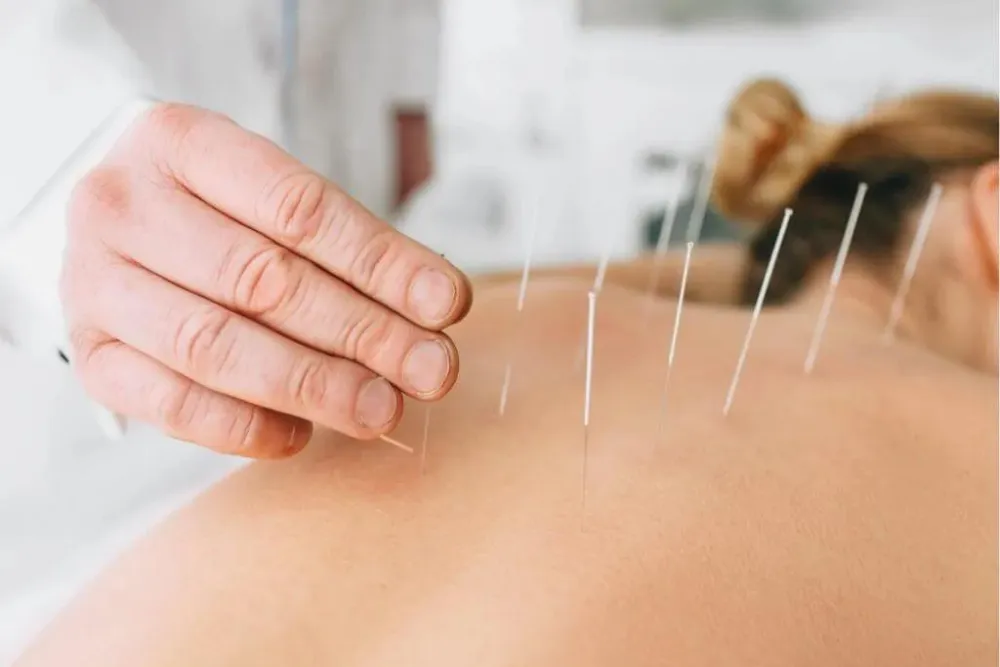Managing chronic migraines can be a daunting challenge, especially when conventional approaches don’t provide sufficient relief. For many, acupuncture offers a promising alternative. By focusing on the body’s natural systems, this ancient practice aims to reduce both the frequency and intensity of headaches. Here is information on how acupuncture may help alleviate chronic migraine symptoms, what to expect during a session, and whether it’s the right choice for you.
How Does Acupuncture Help Alleviate Chronic Migraine Symptoms
Acupuncture involves the insertion of fine needles at specific points on the body to restore balance and promote overall wellness. When it comes to migraines and headaches, acupuncture seeks to target pressure points that could help reduce tension and improve blood flow. For some individuals, tension in the neck or shoulders may trigger headaches, while others may experience them due to stress, environmental factors, or lifestyle habits. Through its calming and grounding effects, acupuncture may help alleviate these triggers. Notably, acupuncture is often used as a complementary approach rather than a standalone treatment, working alongside other lifestyle adjustments or professional care to support migraine relief.
What Should You Expect During an Acupuncture Session for Migraines
If you’re new to acupuncture, knowing what to expect can help create a stress-free experience. During your session, your practitioner will begin with a consultation to discuss your history, triggers, and current symptoms. This is the time to share any specific headaches or migraine challenges you’re facing so the session can be tailored to your needs. After the consultation, thin needles will be gently inserted into specific points on your body. While the idea of needles may sound intimidating, most people report little to no discomfort, with many even finding the process relaxing.
Once the needles are in place, you’ll rest for about 20–30 minutes. This relaxation period often brings a calming sensation, making the session feel like a refreshing break. After the session, you may notice a sense of reduced tension, renewed energy, or overall refreshment. While everyone’s experience varies, multiple sessions are often recommended for continued support and lasting benefits.
Who Is a Good Candidate for Acupuncture for Migraine Relief
Acupuncture isn’t a one-size-fits-all solution, but it can be a helpful option for various individuals. You might evaluate acupuncture for headaches and migraines if you:
- Experience frequent tension or stress-related headaches.
- Are searching for a natural, drug-free way to complement your current care routine.
- Are looking to address potential triggers such as muscle tightness, poor circulation, or stress.
- Want a holistic approach to support your overall wellness.
It’s always a good idea to consult both an acupuncturist and your healthcare provider to determine if this approach aligns with your needs. If you are pregnant, have a specific medical condition, or take blood-thinning medications, it’s necessary to speak with a professional before starting acupuncture.
Seek Specialized Help for Headaches
Living with migraines doesn’t need to feel overwhelming. From exploring alternative techniques like acupuncture to making small lifestyle adjustments, there are ways to find relief tailored to your needs. Acupuncture offers an opportunity to complement your efforts in managing chronic migraines naturally while targeting underlying stressors. Reach out to a certified acupuncture practitioner to discuss your options and schedule an initial consultation today.
- Preparing for Thyroid Surgery and Understanding the Recovery Process
- Understanding the Connection Between Depression and Chronic Illness
- The Role of Preventive Care in Federal Dental Coverage
- Natural Supplements for Hemorrhoid Relief
- How an Optometrist Can Help with Presbyopia and Age-Related Vision Changes


Leave a Reply